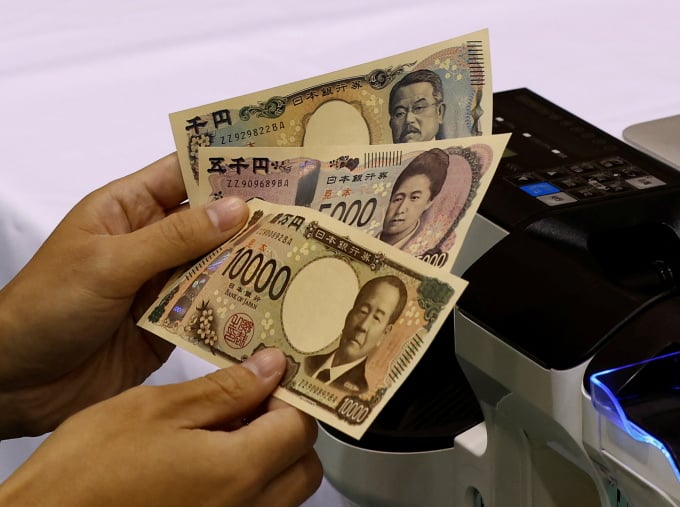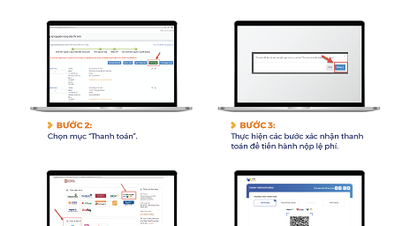The yen lost value after the January 1 earthquake, going against historical rules that usually increase in value after disasters and geopolitical crises.
The Japanese currency hit a two-week low of 144 yen per dollar on Thursday, down about 3 yen, reversing previous gains in the wake of the disaster.
In the past, the yen has soared after devastating earthquakes. For example, after the Kobe earthquake in January 1995, the exchange rate against the US dollar rose by about 18 yen in three months. In April of that year, the yen hit an all-time high.
Or after the March 11, 2011 earthquake and tsunami, the exchange rate was 76 yen to the dollar. This development prompted the G7 to intervene to stop the currency's rise. Seven months later, the Japanese currency returned to 75 yen to the dollar. In addition, events that increase geopolitical tensions, such as the September 11 attacks or North Korea's missile launch, also cause the yen to rise in value due to speculation.
But the yen has continued to depreciate since the January 1 Noto earthquake. The reason is that late last year, the market expected the Bank of Japan to end its negative interest rate policy in the first half of 2024. The January 1 earthquake has made some believe that prospect is less likely. As a result, investors who bought yen in anticipation of an end to negative interest rates are now having to sell, putting downward pressure on the currency.
In addition, the yen’s appeal as a safe haven has been waning lately, as seen in the Ukraine crisis in February 2022. Instead of rising, the currency has weakened as traders focused on the impact of rising raw material prices on Japan’s trade balance.

Some yen bills photographed in Tokyo. Photo: Reuters
Having hit a 32-year low as interest rates stuck at rock bottom, the yen continues to face downward pressure as the spread between Japanese and US policy rates now exceeds 5 percentage points.
The yen's decline also affected the Japanese stock market in the first trading session of 2024 on January 4. Accordingly, the Nikkei 225 closed down 175.88 points, equivalent to 0.53%, while the Topix increased 0.52%.
The Nikkei 225 fell more than 2% at one point as concerns about the aftermath of the earthquake weighed on investor sentiment. The range narrowed in the afternoon as investors bought export-related stocks as the yen weakened. "The weaker yen helped spur buying in shares of auto and machinery makers," said Masahiro Ichikawa, chief market strategist at Sumitomo Mitsui DS Asset Management.
Toyota and Honda shares rose for two consecutive sessions. Meanwhile, Japan Airlines ended Jan. 4 up 21.5 yen, or 0.8%, after a plane fire following a collision on Jan. 2. Analysts said the airline’s shares had buying power despite an initial sell-off. By Jan. 5, Japan Airlines shares were down slightly, down 0.36%.
Phien An ( according to Nikkei, Kyodo News )
Source link



























![[Photo] National Assembly Chairman attends the seminar "Building and operating an international financial center and recommendations for Vietnam"](https://vphoto.vietnam.vn/thumb/1200x675/vietnam/resource/IMAGE/2025/7/28/76393436936e457db31ec84433289f72)









































































Comment (0)